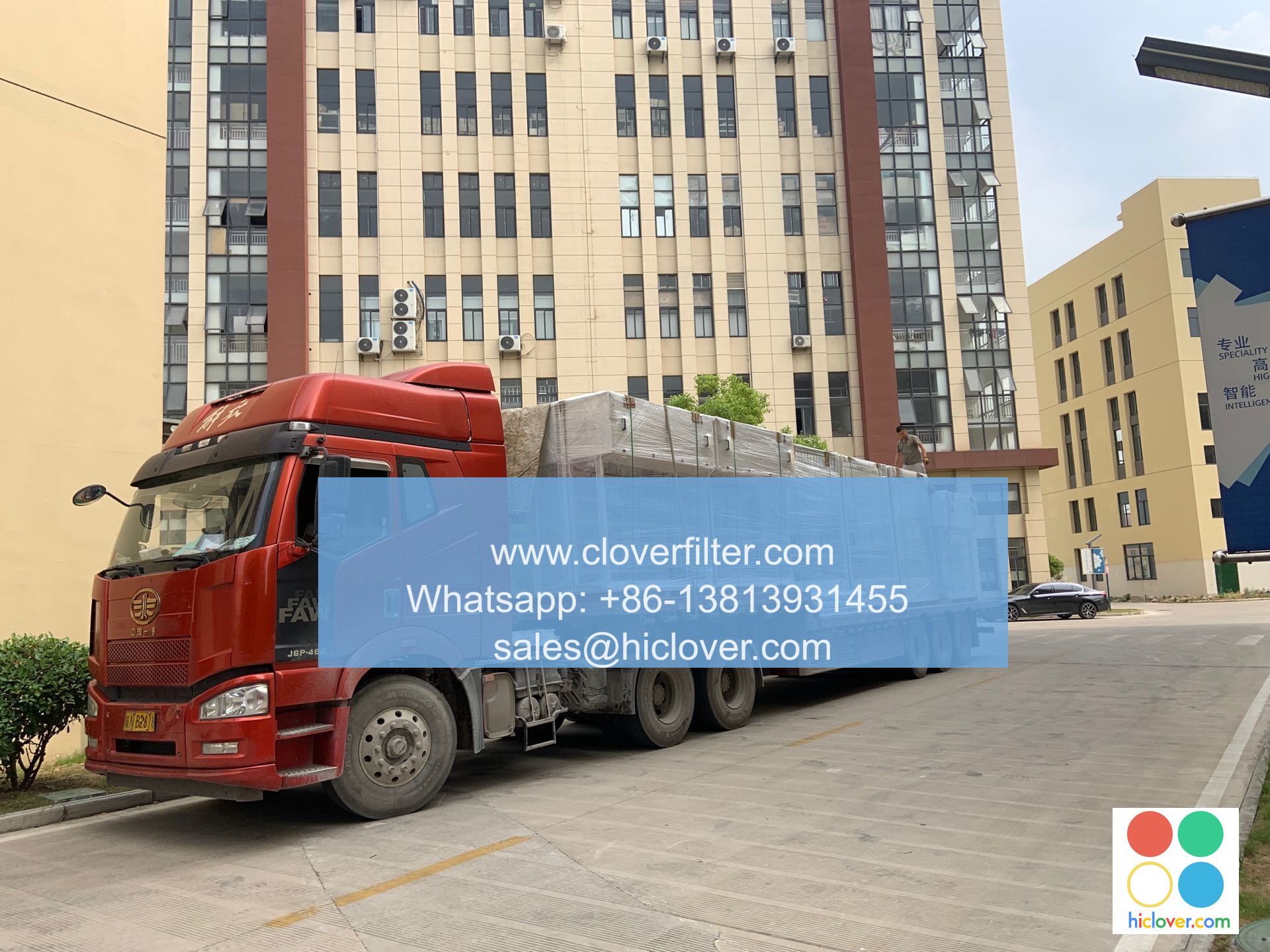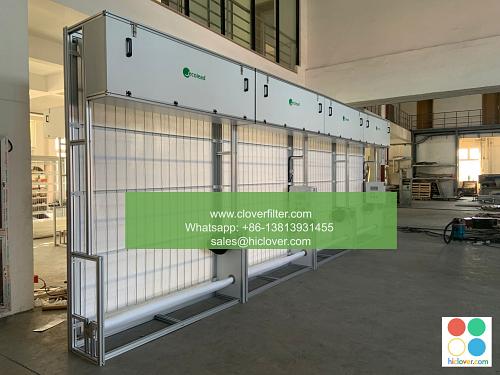Calgary Food Workshop: Strategies for Optimizing Automatic Roll Air Filter Performance

The city of Calgary, known for its vibrant food scene, recently hosted a workshop focused on optimizing automatic roll air filter performance in commercial kitchens. The event, attended by chefs, restaurateurs, and food service professionals, aimed to educate participants on the importance of proper air filtration in maintaining a clean and safe cooking environment. The workshop covered various strategies for maximizing the efficiency of automatic roll air filters, which are commonly used in commercial kitchens to remove airborne contaminants and improve indoor air quality.
One of the key topics discussed during the workshop was the significance of regular maintenance in ensuring optimal filter performance. Experts emphasized the need for routine cleaning and replacement of filters to prevent the buildup of grease, dust, and other debris that can compromise airflow and reduce the filter’s effectiveness. Participants learned about the different types of automatic roll air filters available, including those designed for high-velocity applications and those with advanced features such as self-cleaning and automatic roll replacement.
In addition to maintenance, the workshop also explored the importance of proper installation and configuration of automatic roll air filters. Experts highlighted the need for careful consideration of factors such as airflow rates, filter size, and ductwork design to ensure that the filter is operating at peak efficiency. Participants also learned about the benefits of integrating automatic roll air filters with other kitchen ventilation systems, such as exhaust hoods and makeup air units, to create a comprehensive and effective air management system.
Another key area of focus during the workshop was the role of automatic roll air filters in reducing energy consumption and minimizing environmental impact. Experts discussed the ways in which properly functioning filters can help reduce heating and cooling costs by minimizing the amount of conditioned air that is lost through infiltration and exfiltration. Participants also learned about the potential for automatic roll air filters to contribute to a reduction in greenhouse gas emissions and other negative environmental effects associated with commercial kitchen operations.
The workshop also included a hands-on component, where participants had the opportunity to work with different types of automatic roll air filters and practice installation, maintenance, and troubleshooting techniques. This interactive component allowed attendees to gain practical experience and develop a deeper understanding of the complexities involved in optimizing filter performance. Furthermore, the workshop provided a platform for participants to share their own experiences and challenges related to automatic roll air filters, fostering a sense of community and collaboration among attendees.
Throughout the workshop, experts emphasized the importance of ongoing monitoring and evaluation of automatic roll air filter performance. Participants learned about the different metrics and indicators that can be used to assess filter effectiveness, including pressure drop, airflow rate, and particulate matter removal efficiency. By tracking these metrics and making adjustments as needed, commercial kitchen operators can ensure that their automatic roll air filters are operating at peak efficiency and providing optimal protection against airborne contaminants.
In conclusion, the Calgary Food Workshop provided a valuable opportunity for commercial kitchen professionals to learn about the latest strategies and best practices for optimizing automatic roll air filter performance. By emphasizing the importance of regular maintenance, proper installation and configuration, energy efficiency, and ongoing monitoring and evaluation, the workshop helped attendees develop a comprehensive understanding of the complex factors involved in maximizing filter effectiveness.
Conclusion
The Calgary Food Workshop demonstrated the significance of automatic roll air filters in commercial kitchens, highlighting their role in maintaining a clean and safe cooking environment. By applying the strategies and techniques learned during the workshop, commercial kitchen operators can optimize filter performance, reduce energy consumption, and minimize environmental impact. As the food service industry continues to evolve and grow, the importance of proper air filtration will only continue to increase, making workshops like this one an essential resource for professionals seeking to stay ahead of the curve.
Frequently Asked Questions
Q: What is the typical lifespan of an automatic roll air filter?
A: The lifespan of an automatic roll air filter can vary depending on factors such as usage, maintenance, and environmental conditions. On average, a well-maintained filter can last for several months to a year or more.
Q: How often should I clean and replace my automatic roll air filter?
A: The frequency of cleaning and replacement will depend on the specific filter and usage conditions. As a general rule, filters should be cleaned every 1-3 months and replaced every 6-12 months or as recommended by the manufacturer.
Q: Can I use an automatic roll air filter in conjunction with other kitchen ventilation systems?
A: Yes, automatic roll air filters can be integrated with other kitchen ventilation systems, such as exhaust hoods and makeup air units, to create a comprehensive and effective air management system.
Q: How can I determine the optimal filter size and configuration for my commercial kitchen?
A: The optimal filter size and configuration will depend on factors such as kitchen layout, equipment, and airflow rates. It is recommended to consult with a ventilation expert or manufacturer’s representative to determine the best filter solution for your specific application.

